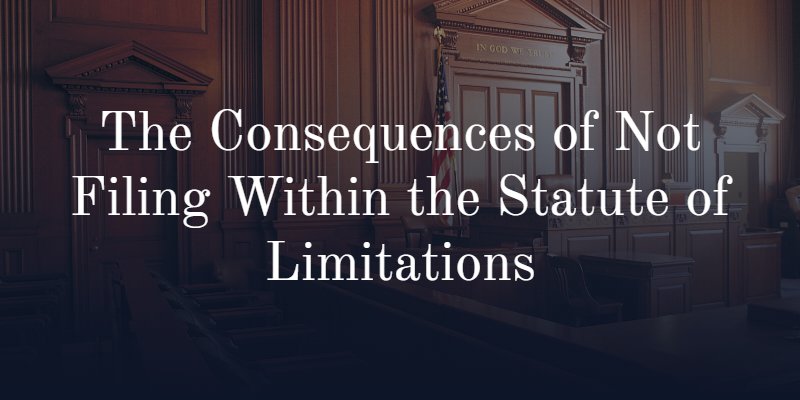What is the Statute of Limitations on Medical Malpractice in South Carolina?
The statute of limitations is a time limit within which a person must initiate legal proceedings for a specific claim. The rationale behind the statute of limitations is to ensure fairness in the judicial process. Evidence can become less reliable over time, as memories fade and documents or other physical evidence may be lost or damaged. Additionally, it prevents potential defendants from living indefinitely under the looming threat of litigation. Keep reading to learn about the time limit for filing medical malpractice claims in Charleston.
When to File Your Claim in South Carolina
In South Carolina, there is a general three-year deadline for medical malpractice claims. This means you must initiate your claim within three years of the date you were injured, OR within three years of when you reasonably should have discovered the injury.
However, in all cases, you must file your claim within six years (this is known as the statute of repose), even if you were unable to discover your injury or were unable to determine that it was a result of medical malpractice:
“(A) In any action, other than actions controlled by subsection (B), to recover damages for injury to the person arising out of any medical, surgical, or dental treatment, omission, or operation by any licensed health care provider as defined in Article 5, Chapter 79, Title 38 acting within the scope of his profession must be commenced within three years from the date of the treatment, omission, or operation giving rise to the cause of action or three years from date of discovery or when it reasonably ought to have been discovered, not to exceed six years from date of occurrence, or as tolled by this section.”
The Timeline For Foreign Objects Left in Body
If a foreign object is left in your body as a result of medical malpractice, you will have two years from the date of discovery, or from the date that you should have reasonably made the discovery. However, there is no statute of repose in these circumstances, which means you can initiate your claim at any time within two years of when you should have reasonably discovered the object. For example, if you don’t discover it and had no reason to discover it until 20 years after surgery, you can still file your claim:
“(B) When the action is for damages arising out of the placement and inadvertent, accidental, or unintentional leaving of a foreign object in the body or person of any one or the negligent placement of any appliance or apparatus in or upon any such person by any licensed health care provider acting within the scope of his profession by reason of any medical, surgical, or dental treatment or operation, the action must be commenced within two years from date of discovery or when it reasonably ought to have been discovered; provided, that, in no event shall there be a limitation on the commencement of the action less than three years after the placement or leaving of the appliance or apparatus.”

The Consequences of Not Filing Within the Statute of Limitations
When a claimant fails to file their claim within the statute of limitations, the consequences are usually quite harsh. If you miss the deadline, you will lose your legal right to pursue your claim in court. If you do attempt to file a lawsuit after the statute of limitations has expired, the defendant is likely to file a motion to dismiss the case based on the expired time limit. Most courts are strict in upholding the statute of limitations and will dismiss the case if it’s proven that the deadline has lapsed.
Having your claim dismissed also means that you’ll lose the opportunity to receive any compensation for your injuries, property damage, or other losses. The potential compensation you could have received for medical expenses, lost wages, pain and suffering, or other damages will be gone. Additionally, any costs you’ve already spent in trying to pursue the claim may not be recoverable either.
If you need help with a medical malpractice claim, contact a Charleston personal injury lawyer to schedule a free consultation and to help with filing your case.
